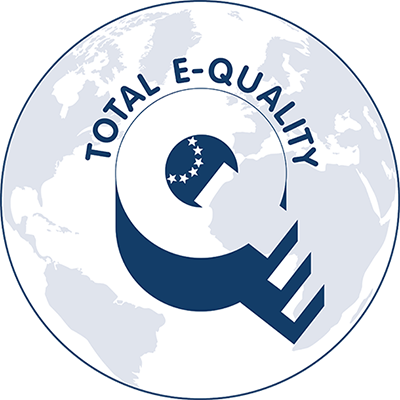MAK Collection
ZB MED publishes the “List of MAK and BAT Values” as well as the journal “The MAK Collection for Occupational Health and Safety” of the MAK Collection from the German Research Foundation (DFG) as an Open Access publication. The list defines recommended llimits for chemical compounds in workplace air. MAK stands for Maximale Arbeitsplatz-Konzentration, or maximum workplace concentration, while BAT stands for Biologische Arbeitsstoff-Toleranzwerte, or biological tolerance values. Organisations can protect the health of their employees by ensuring the specified thresholds are not exceeded. The “List of MAK and BAT Values” is published annually on 1 July in German, the English and Spanish edition follow promptly in the same year. The list is used by the corresponding national and international authorities as a basis for defining statutory occupational health and safety standards.
The List as well as the Journal are compiled by the Permanent Senate Commission for the Investigation of Health Hazards of Chemical Compounds in the Work Area of the DFG, also known as the MAK Commission. The journal is prepared by the Commission with the support of the Commission’s scientific office. It includes all available information on each compound, describes its mechanism of action and elaborates analytical methods as well as recommendations on practical steps that can be taken to protect employees.
The MAK Collection currently contains over 4000 publications for over 1000 hazardous substances found at the workplace. About 90 new articles and a new version of the List of MAK and BAT Values in three different languages are added each year. All the documentation is made available to the scientific community and the general public as Open Access publications on PUBLISSO – Publishing.
In order to provide the content of the MAK Collection as a research and publication platform, the publication and research and development areas of ZB MED cooperate closely with each other. The programme area Open Science provides the publication infrastructure as well as the know-how on scientific publishing, peer review, interoperable metadata, editing and layout design, while the programme area Data Science and Services supports the software development of the platform.
Contact

Prof. Dr. Ursula Arning
Head of Open Science
Phone: +49 (0)221 999 892 611
Send mail

Prof. Dr. Konrad Förstner
Head of Data Science and Services
Phone: +49 (0)221 999 892 511
Send mail
Dr. Gisela Schewe
Coordinator
Phone: +49 (0)221 999 892 636
Send mail
Matthias Flasko
Developer
Phone: +49 (0)221 999 892 639
Send mail




